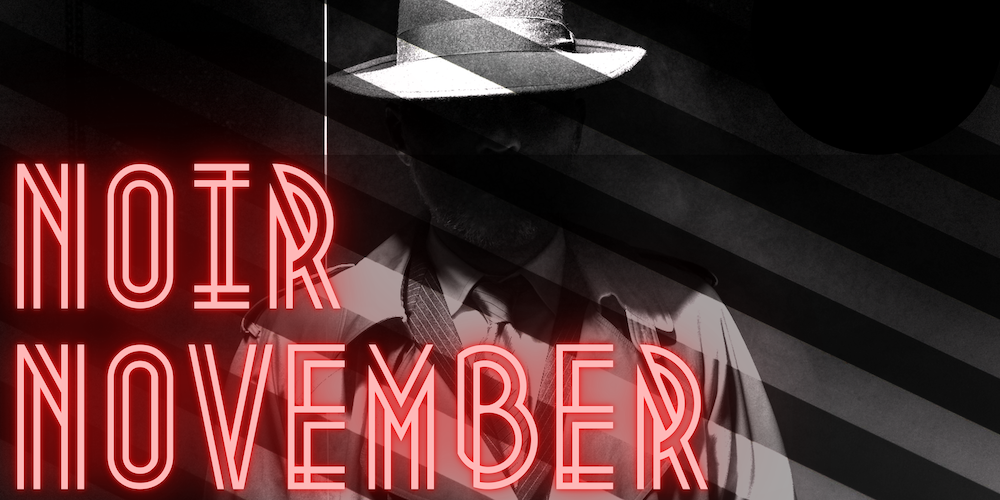Noir November: Miller's Crossing
Written by Cameron Geiser
Every day for the month of November, Cameron Geiser is reviewing a noir film (classic or neo) for Noir November. Today covers Miller’s Crossing: an early success by the Coen brothers.
The third film from the Coen brothers is one that established a few things that would become frequent occurrences in their filmography. They had already twisted the Noir genre before with their directorial debut Blood Simple, but they took it even further with Miller's Crossing, and they would extrapolate aspects of Noir further yet with later films like The Big Lebowski and The Man Who Wasn't There- which we will be getting to later on. This film would also add a few more actors to their pool of frequent collaborators with Jon Polito, John Turturro, and Steve Buscemi.
While this film looks like the typical gangster film from the 1930s, it has the sensibilities of the Noir genre more so. The film has a bit of a reputation for being unreasonably confusing given the twisty narrative but honestly that's the nature of most Noirs. I'd also note that for most cinephiles that are paying attention, it shouldn't be too difficult to keep track of it all. The film also has a reliably dangerous and seductive femme fatale in the form of Verna (Marcia Gay Harden), one of the mob bosses' girlfriends. The chief aspect of the film that gets to the core of Noir however lies with Gabriel Byrne starring as Tom Reagan. That and the fact that the Coen brothers adapted elements from two Dashiell Hammett novels, Red Harvest and Glass Key, for this one.
Albert Finney in Miller’s Crossing.
Tommy shares the plot machinations of a few other cinematic legends, notably Clint Eastwood's The Man with No Name in Fistful of Dollars and Toshiro Mifune's brash Ronin from Yojimbo. All three characters set two gangs of outlaws against each other in cunning fashion. However, that's where the similarities end though. Tommy doesn't seek the attention or ire of either side outright and while he does manipulate central characters to outcomes that ultimately result in his favor, his motivations are not for a greater financial gain like his cinematic peers. No, Tommy does what he does for survival. In a film with larger than life performances from big characters like the two mob bosses Leo (Albert Finney) and Johnny Caspar (Jon Polito), or even Bernie Bernbaum (John Turturro) the bookie whose actions set the plot in motion- Tommy is quieter, prefers to be in the background, and avoids public embarrassment like the plague. When he fails to kill Bernie in the woods to prove his new loyalty to Caspar after getting ousted from Leo's good graces, well, Tommy had to get creative.
Some blackmailing and a few shootouts later, one involving director Sam Raimi duel-wielding two pistols like a maniac, the film wraps up its bloodshed in defining Noir disillusionment. I wouldn't say this film reaches the heights of the Coen brothers' best work, but it does merge new sensibilities within an older style by subverting expectations efficiently. It's worth a watch for the home invasion scene alone, wherein Albert Finney expertly wields a Tommy Gun with all the flair and bombast of a Sam Peckinpah flick.
Cameron Geiser is an avid consumer of films and books about filmmakers. He'll watch any film at least once, and can usually be spotted at the annual Traverse City Film Festival in Northern Michigan. He also writes about film over at www.spacecortezwrites.com.






